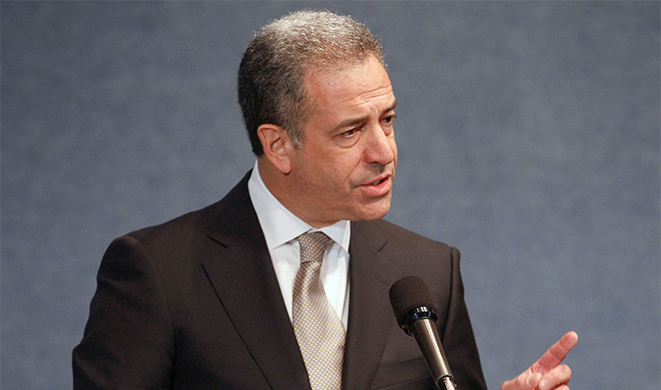
Dear Special Envoy Feingold:
Congratulations on your appointment to this important position. We are convinced that this is a critical moment of opportunity for U.S. policy towards the Great Lakes Region of Africa and would like to convey to you our recommendations on top priorities and necessary actions.
There are so many terrible symptoms of the crisis afflicting the Democratic Republic of the Congo and its Great Lakes neighbors – and so many international efforts to deal with them – that policy makers can lose sight of the fundamental roots of these problems. In our view, the U.S. and the international community have failed to give sufficient priority to two root causes: (1) the failure of DRC’s democratic elections and institutions and (2) the absence of a comprehensive regional peace process. Unless these central issues are addressed, ongoing international programs to strengthen Congolese security forces, improve governance, promote human rights, and foster sustainable economic development will founder.
1. Promoting democratic elections and institutions in the Congo
Americans and Congolese share many democratic values. But that is not the only reason for privileging democratization among the reforms that the DRC has committed to under the Peace, Security, and Cooperation Framework signed in February. Virtually every respected analyst emphasizes the DRC government’s “lack of political will” to undertake major reforms. The basic reason for this failure of will is an undemocratic political system based on and preoccupied with patronage and corruption. Despite gains from the 2006 elections, this system remains nearly impervious to Congolese citizens’ demands for a political voice, respect for human rights, and effective and accountable public services. The DRC government’s determination to frustrate the democratic transition culminated in the fraudulent 2011 elections. The most fundamental task for the U.S. and other donors is to help create political space for democratic forces that can, over time, generate an anti-corruption, reformist “will.” Regrettably, in recent years donors have sent the opposite message to the DRC: that the cost of rigging elections and avoiding democratic accountability will be low.
With the adoption of Security Council Resolution 2098, and its support for democratization and credible provincial and local elections, the U.S. in partnership with U.N. envoy Mary Robinson should take the lead in promoting democratic progress. The U.S. should press for the holding of long-delayed provincial elections in 2014 – followed by local elections as soon thereafter as technically feasible (the latter were mandated under the 2006 Constitution but have never occurred). To ensure these elections’ credibility, the U.S. should insist that the Independent National Electoral Commission (CENI) functions truly independently, with its decisions made technocratically and not influenced by the Government or other parties. To make provincial and local elections particularly meaningful, the U.S. should press for implementation of the 2006 Constitutional mandate for decentralization, under which 40% of revenues would go to provincial governments and other local authorities. In this vast country with myriad local problems – like the explosive land issues of the Kivus and other areas of the country – legitimate, democratic provincial and local political representation is essential for achieving durable political solutions and moving away from recourse to arms.

